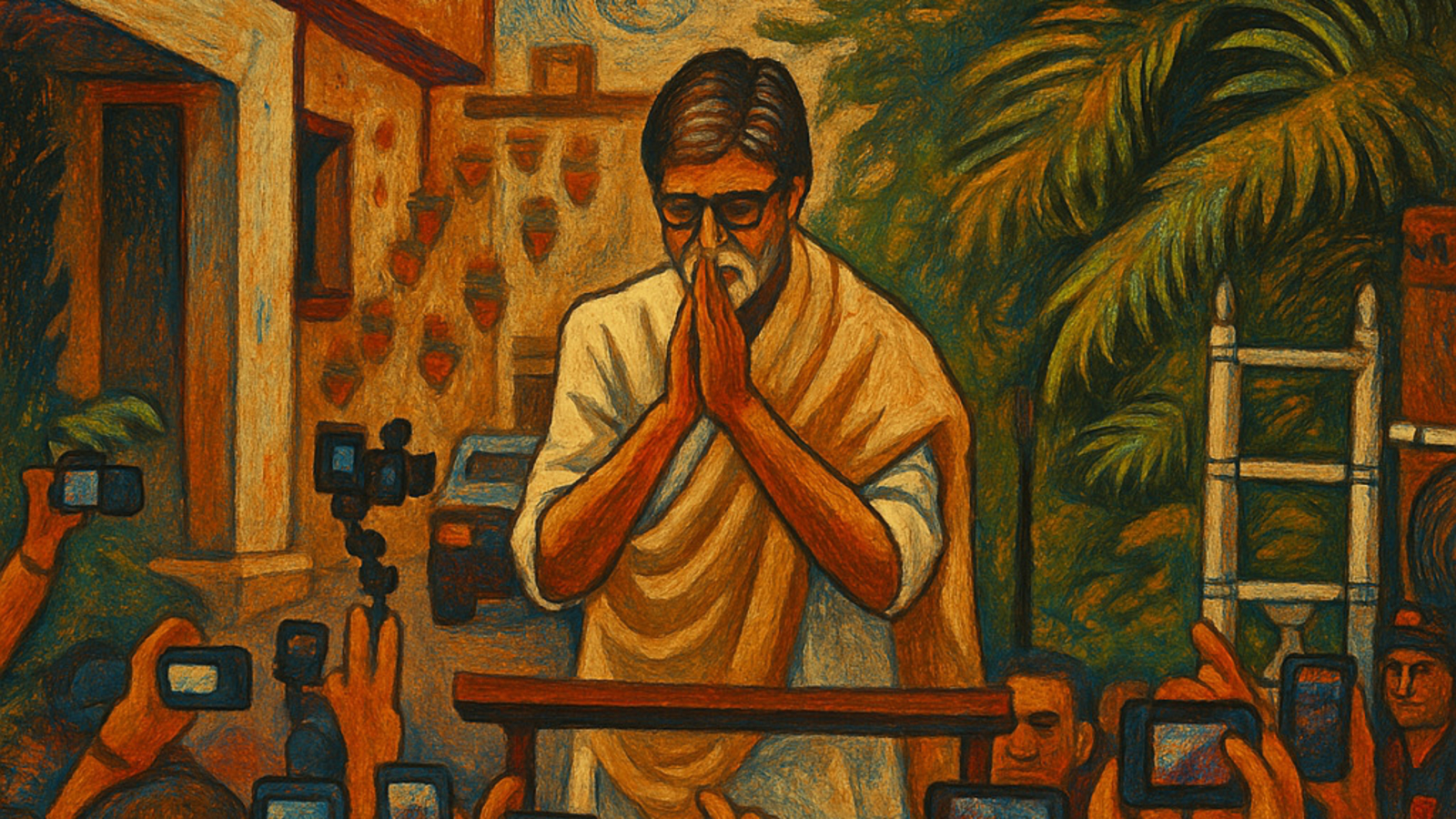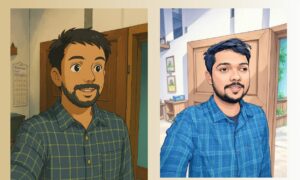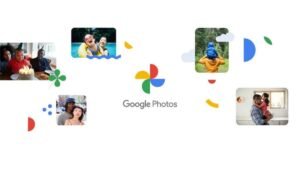Warning: Think Before Uploading Personal Photos for Free Ghibli-Style AI Images

The Rise of Ghibli-Style AI Image Generators
In recent weeks, OpenAI’s Ghibli-style AI image generator has gained immense popularity on social media. Users from various backgrounds, including celebrities and everyday individuals, are transforming their personal photos and viral memes into enchanting illustrations reminiscent of the renowned Ghibli films created by Hayao Miyazaki. This exciting technology enables fans to see themselves through the lens of Ghibli’s iconic animation style.
Introduction of Grok’s Ghibli Feature
Competing in this creative space, Grok, the AI chatbot developed by Elon Musk’s xAI, has also launched its own Ghibli-style image generation feature. This tool allows users to create images inspired by the Ghibli aesthetic without any costs. With such advancements in AI image generation, the potential for creativity is limitless.
Privacy Concerns Surrounding the Trend
However, this trend is not without its drawbacks. Privacy activists have raised serious concerns about the implications of uploading personal images for AI processing. Many worry that while users are enjoying these playful transformations, they may inadvertently be providing valuable personal data to OpenAI and other developers. The fear is that facial data might be collected without users’ explicit consent, leading to further privacy risks.
Activists’ Warnings
Critics argue that although the images being edited might seem harmless, there are significant privacy issues at play. OpenAI’s strategy involves obtaining images that users voluntarily submit, which could circumvent copyright concerns that might arise from web-scraped data. This approach raises legal and ethical questions regarding data protection and consent under the General Data Protection Regulation (GDPR).
Legal Implications of Data Collection
OpenAI must demonstrate that its methods adhere to GDPR standards. This includes proving that data collection does not infringe on users’ rights and complies with transparency and accountability measures. According to Luiza Jarovsky, co-founder of the AI, Tech & Privacy Academy, when users upload images, they essentially consent to OpenAI processing them, which places the responsibility on the user to understand the potential consequences fully.
What AI Tools Say About Safety
ChatGPT’s Take on Image Safety
When asked about the safety of uploading personal images to the Ghibli art generator, ChatGPT advised caution. It emphasized that it’s generally unsafe to provide personal photos to any AI tool unless users are fully aware of the privacy policies in place. OpenAI clarifies that it does not retain uploaded images beyond the immediate session, but users are encouraged to be cautious with sensitive imagery.
Insights from Grok
In contrast, Grok has not provided specific guidelines on how long it retains uploaded images or how they might be utilized in future AI training. Currently, it’s unclear whether Grok uses uploaded images for training purposes by default, contributing to uncertainty around user data privacy. Although Grok is generally seen as secure, users should still be aware of the potential risks, especially if questions about data misuse arise.
Best Practices for Protecting Your Data
Before engaging with AI image generators, here are some recommended practices to safeguard your privacy:
- Rethink Image Uploads: Be cautious about sharing personal photos for AI-generated images.
- Limit High-Resolution Photos: Avoid uploading high-res images to social media, which can be harvested for training purposes.
- Use Secure Authentication: Opt for PINs or passwords rather than relying on facial recognition technology to unlock devices.
- Check App Permissions: Review which apps have access to your camera to limit unauthorized use of your images.
By taking these steps, you can enjoy the creativity of AI image tools while minimizing potential privacy risks.





